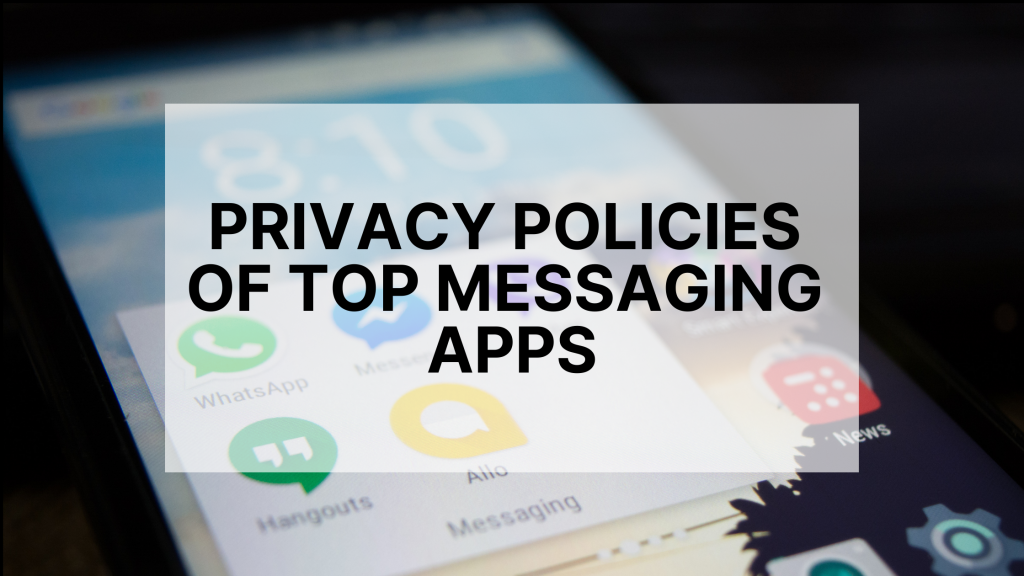
In this day and age, data collection is the reality of the Internet. Millions of people all over the world are becoming increasingly aware of how their choices as online consumers might affect their privacy.
From commercial websites to social media platforms, a wide variety of websites do gather data from their visitors. In addition to that, many apps are in the habit of collecting information from their users. If you are using any of the major messaging apps in the world today, some of your data might be out there. In fact, you are likely giving them access to some of your data.
Many companies are starting to do something about the growing concern in relation to data privacy. Recently, Apple’s App Store made a splash in the industry by showcasing privacy labels with the apps sold or distributed freely through their platform. This is an excellent way for consumers to learn more about what to expect in terms of data safety and privacy from different messaging apps.
Keep reading to learn more about what kind of data do these platforms take from you and what you can learn from each provider.
Facebook Messenger / Whatsapp
According to available privacy information on Apple’s App Store, Facebook messenger seems to be the messaging app that collects the most information from its users. This is not surprising, considering that this app is tied to Facebook and its larger family of services, including Instagram and WhatsApp, which both belong to Facebook.
Because they are concerned with the amount of data gathered by the aforementioned Facebook-owned apps, Many users choose to embrace alternative services, such as Telegram or Signal.
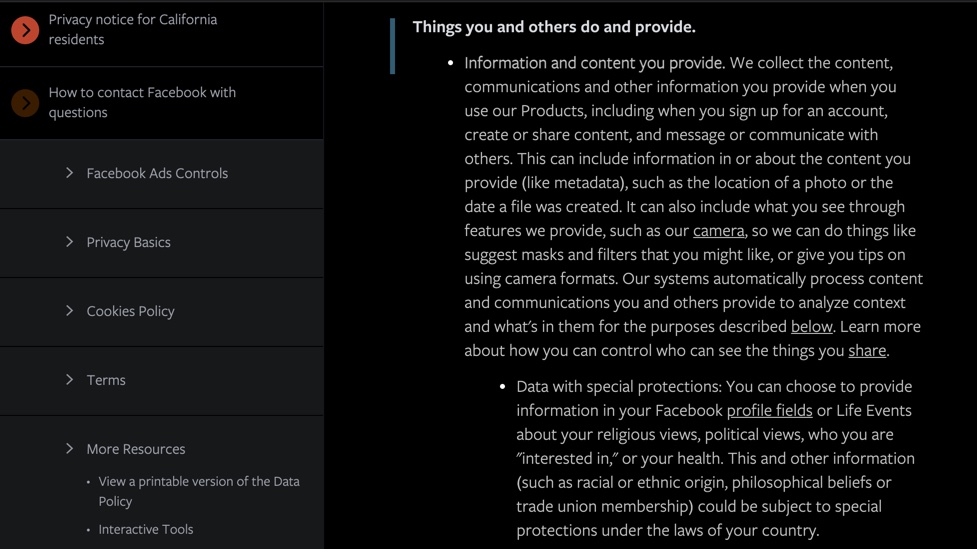
AirSend, Signal, and Telegram
According to the privacy labels posted on the App Store, it seems that Signal and AirSend are the best choices for people who are more conscious about privacy. In fact, these services reportedly do not gather any user data at all.
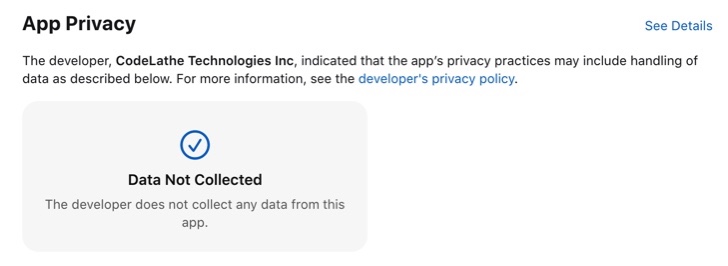
Telegram seems to be a great choice as well since it only collects a relatively small amount of identifiers.
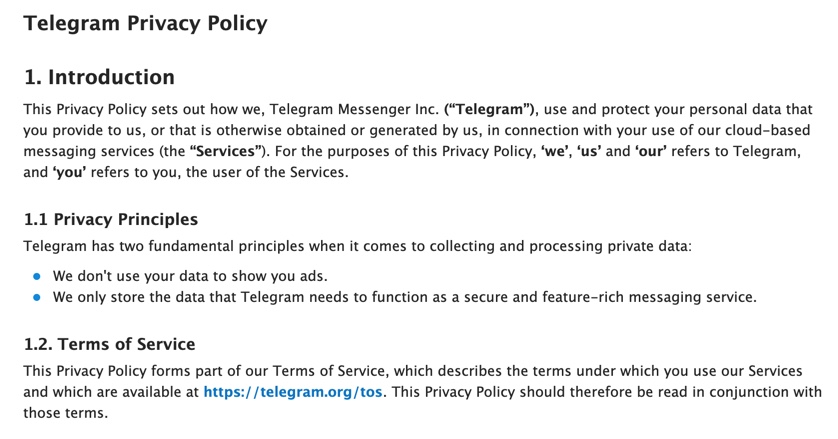
Another popular messaging app alternative is WeChat. This app, along with other Chinese messaging and social media services, has sparked some controversies due to the country’s privacy regulations and the government’s stronghold over private conversations and content exchange. However, as China is quickly becoming a very relevant international player in the world of app and social media, the country is also changing its policies concerning privacy in order to become more appealing to a broader global market. In particular, WeChat Has been reviewing third-party content and apps in order to prevent the illicit collection of data for unspecified purposes.
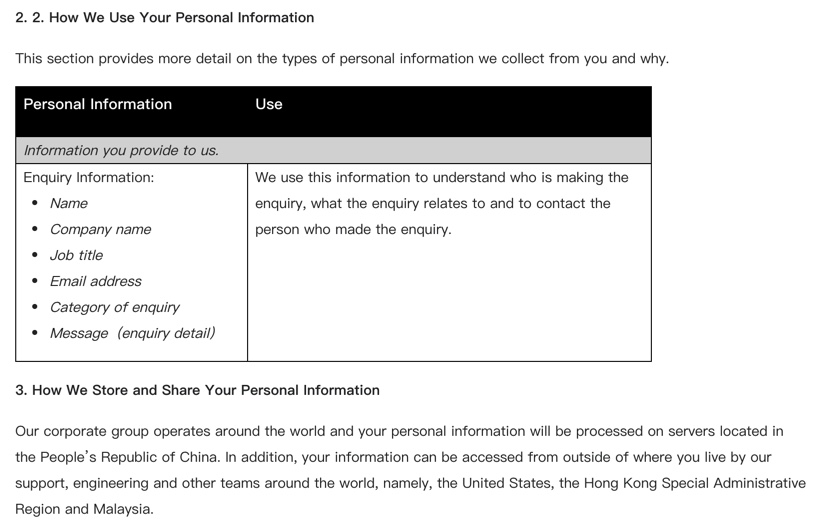
To conclude, virtually all messaging apps will collect at least some of your user data for one reason or another. It is really up to you to learn more about what each service entails in terms of privacy and how strictly do you want to protect your personal information. The advantage of using platforms like Facebook, WhatsApp, or Instagram is that they are incredibly widespread and have a large user base. However, alternatives like AirSend, Signal, or Telegram seem like a better option for people who want to protect more of their data and prevent companies from using them for commercial purposes.